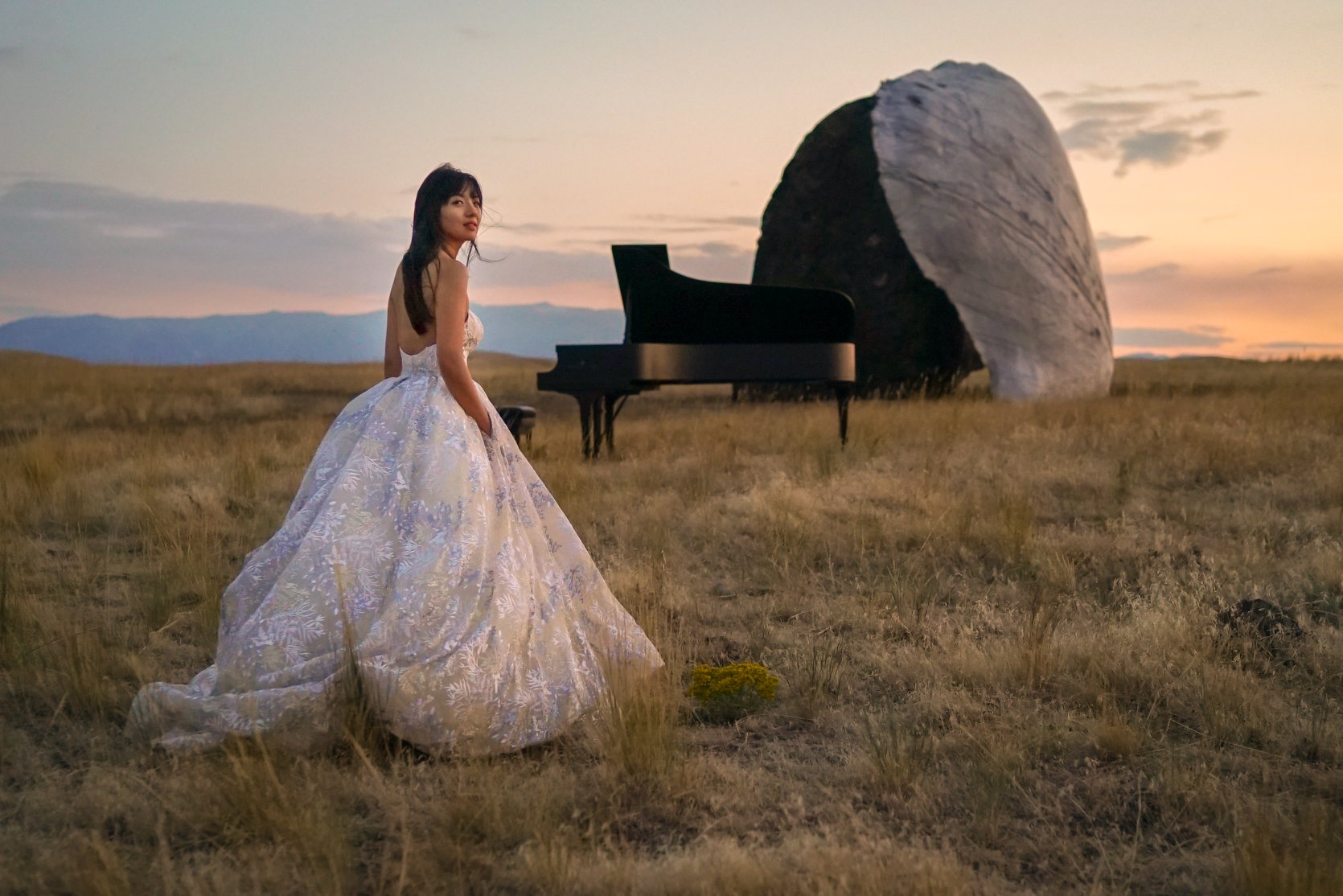#FBF: 12 years ago, on this day, I gave the 2007 William Petschek Piano Debut Award Recital at Lincoln Center’s Alice Tully Hall in New York. It remains one of the most meaningful concerts of my life, and looking back on that evening fills me with nostalgia and gratitude. I performed a program featuring works I love, including the haunting and hypnotic Consolations by the talented composer (and Juilliard classmate) Ryan Anthony Francis.
Ryan's commentary on the work:
Consolations came about from a variety of influences but mostly from big romantic repertoire. I wanted to write something akin to a Chopin Scherzo or Ballade—in other words, a piece that traverses a large emotional landscape, that feels like an arduous journey, but is actually quite compact (8-10 minutes). I ended up with something a little longer than the Ballades and Scherzi, but managed I think to keep the piece largely within the affect of those masterpieces. I’ve always admired Thomas Adès’s Traced Overhead because I feel that he brilliantly accomplished something similar in that piece.
I have also always been drawn to Franz Liszt's set of miniatures he ambiguously titled Consolations, not so much for the actual music, but for the meaning in the titles. What did he mean, exactly? There might be a clear scholarly reasoning behind the titles, but I’ve never been particularly interested in finding out what—that would ruin the mystery for me.
Consolations also has a lot to do with Die Nebensonnen, from Franz Schubert’s Wintereisse. As the penultimate song in the massive cycle, it narrates the protagonist’s vision of false suns, known in modern times as “sun dogs," which is a phenomenon where the sun’s image is refracted through snow in the atmosphere during a bad blizzard, causing two ghost suns to flank the real one. If you were living when Wilhelm Müller wrote his poem, seeing something like false suns was considered a terrible vision. Death would be near. I used the first stanza of Müller's poem an epigram in the score.
I saw three suns appear in the sky
I stared at them long and fixedly
And they too, stood staring.
It's with this image that the piece begins.


